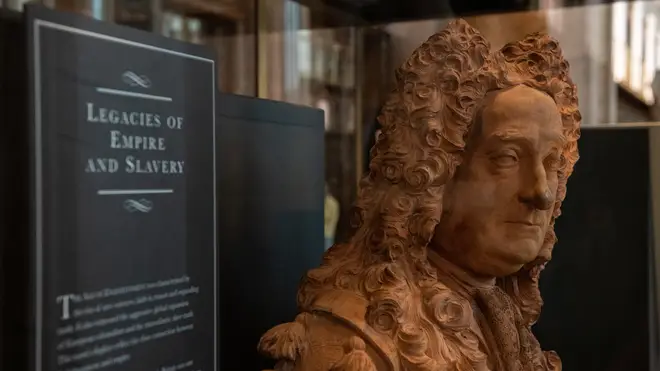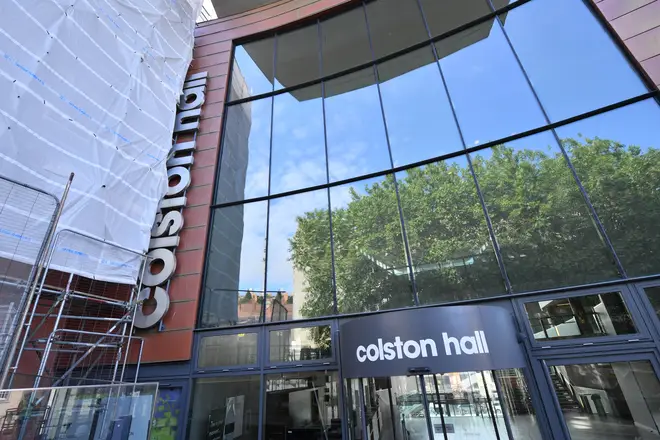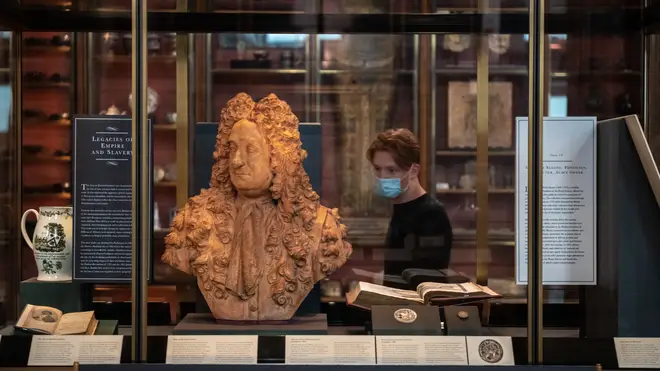
Nick Ferrari 7am - 10am
27 September 2020, 19:12 | Updated: 27 September 2020, 22:15

The British Museum has said it has "no intention of removing controversial objects from display" in response to a government warning on the matter.
The museum, which was among several recipients of a letter from Culture Secretary Oliver Dowden, said on Sunday it would rather "contextualise or reinterpret" such objects than take them down completely.
It added that this would enable the public "to learn about them in their entirety".
The statement was released on Sunday as a response to an earlier government letter that warned state-funded museums and galleries could risk losing taxpayer support by removing artefacts.

Leaked to The Sunday Telegraph, it said: "As publicly funded bodies, you should not be taking actions motivated by activism or politics.
"The significant support that you receive from the taxpayer is an acknowledgement of the important cultural role you play for the entire country.
"It is imperative that you continue to act impartially, in line with your publicly funded status, and not in a way that brings this into question.
"This is especially important as we enter a challenging Comprehensive Spending Review, in which all government spending will rightly be scrutinised."
Recipients other than the British Museum include the Tate galleries, Imperial War Museums, the National Portrait Gallery, National Museums Liverpool, the Royal Armouries, the Science Museum, the Victoria and Albert Museum and the British Library.
It comes after the British Museum recently redisplayed a bust of Hans Sloane, the slave-owning founding father of the establishment.
The bust is now displayed among a collection that was created in the context of the British Empire and the slave economy, which the museum said acknowledges Sloane's "radical vision of universal free public access to a national museum collection and the public benefit that is generated through the British Museum."

Also in the government letter was a suggestion that displays should "seek to contextualise or reinterpret" artefacts to educate the public in their entirety - although it admitted this could be a "challenging" task.
It was sent after well-known music venue named after 17th century slave trader Edward Colston was renamed to Bristol Beacon, and the National Trust revealed 93 of its properties had historic links to slavery and colonialism.